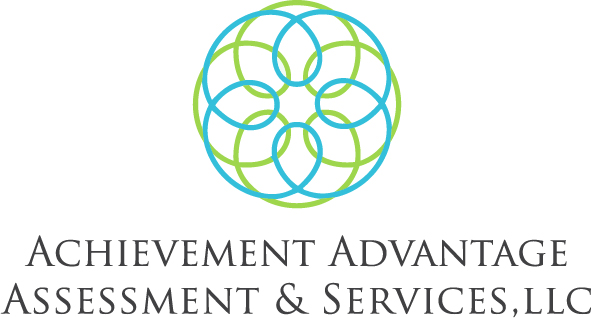Since we have been talking about IEPs, in this blog we will be discussing an important component of IEPs: accommodations and modifications. These are listed in Section 7 of your student’s IEP. While specifically designed instruction includes the services that your student will receive to address their needs, accommodations and modifications refer to changes that can be made in the learning environment and assignments or assessments.
Accommodations are changes in your student’s learning environment to provide them equal access to grade-level content. Because everyone who has an IEP has such a unique profile, accommodations may vary widely, but every accommodation should be directly linked to the child’s needs. For example, some may include additional time on assignments and tests, taking tests in a reduced distraction environment, audiobooks, frequent breaks, etc. Similar to the specifically designed instruction portion of this IEP section, the team must list each specific accommodation, as well as the amount of time and frequency of the accommodations.
Modifications refers to changes in the curriculum and assessments. This means that while accommodations are generally meant to help students be able to access and achieve at grade-level standards, modifications reduce learning expectations. Modifications tend to be reserved for a small portion of special education students with the greatest levels of need.
Accommodations and modifications are also addressed in Section 12 of the IEP which outlines information about statewide and district wide testing. The team indicates whether the student will take assessments in each academic area (including reading, writing, math, science, social studies, and other) with accommodations or as a modified assessment. If taken with accommodations, the team must list detail of accommodations.
Now that we have covered everything you need to know about the important components of an IEP, we will be shifting to what happens after K-12 to focus on adult learners in upcoming blog posts.

